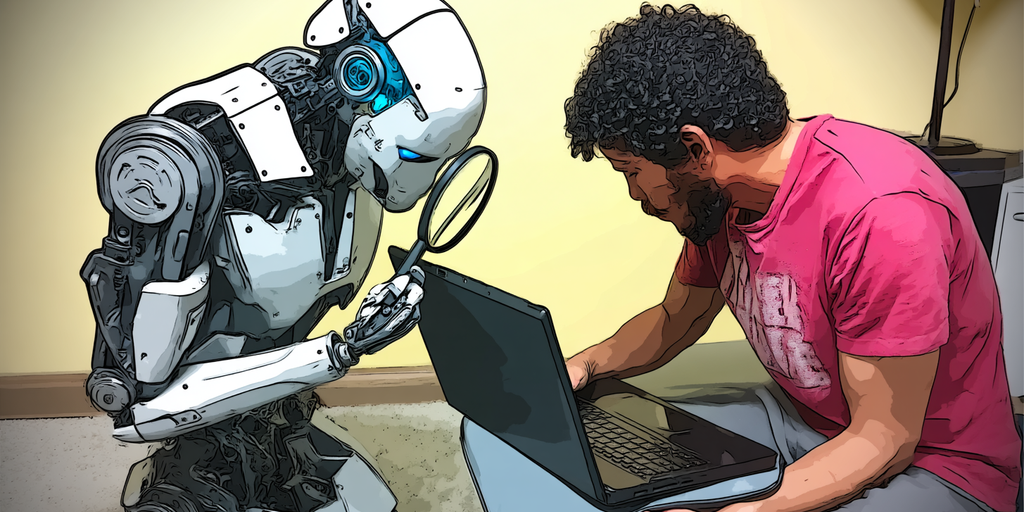OpenAI Enhances ChatGPT with Memory Upgrade for Full Chat History
OpenAI has made significant strides in enhancing the functionality of its AI chatbot, ChatGPT, by introducing a memory upgrade that allows the model to retain full chat history. This innovative feature aims to improve user interaction and create a more personalized experience. In this article, we will explore the implications of this upgrade, how it works, and what it means for users and developers alike.
Understanding the Memory Upgrade
The memory upgrade is a groundbreaking development for ChatGPT, enabling the AI to remember facts, preferences, and past conversations over time. This enhancement is designed to create a more cohesive interaction between the user and the chatbot, as users can build on previous discussions without needing to repeat themselves.
Key Features of the Memory Upgrade:
- Retention of User Information: ChatGPT can remember user preferences, interests, and specific details shared in past conversations.
- Contextual Awareness: The AI can maintain contextual relevance throughout interactions, making conversations feel more natural and engaging.
- Personalized Experience: By recalling prior interactions, ChatGPT can tailor responses to better suit individual user needs.
How the Memory Works
The memory feature operates through a sophisticated system that allows ChatGPT to store and retrieve information based on user interactions. Here’s how it functions:
- Data Storage: Information shared by users, such as preferences or important details, is stored securely in memory.
- Retrieval: During future interactions, ChatGPT can access this stored information to provide more relevant and personalized responses.
- User Control: Users can manage their memory settings, including the ability to delete specific memories or clear all stored information entirely.
Benefits of the Memory Upgrade
The introduction of memory in ChatGPT brings several advantages for users and developers:
- Enhanced User Engagement: The ability to remember previous conversations fosters a more engaging and interactive experience for users.
- Improved Accuracy: By recalling user-specific information, ChatGPT can offer more accurate and relevant answers, leading to increased user satisfaction.
- Long-term Relationships: The memory feature allows users to build a long-term relationship with the chatbot, as it can follow up on past discussions and provide continuity in interactions.
Use Cases for the Memory Upgrade
The memory upgrade opens up a myriad of use cases across various sectors. Here are some examples:
- Customer Support: Businesses can utilize ChatGPT to provide personalized support by remembering customer issues and preferences.
- Education: Tutors can leverage ChatGPT to track student progress and tailor lessons based on prior interactions.
- Health Care: Patients can benefit from a chatbot that remembers their medical history and preferences, allowing for a more personalized health management experience.
Challenges and Considerations
While the memory upgrade presents exciting opportunities, it also raises some challenges and considerations that need to be addressed:
- Privacy Concerns: Storing personal information raises questions about data security and user privacy, necessitating robust measures to protect user data.
- Data Management: Users must have clear options for managing their data, including easy methods for editing or deleting memories.
- Ethical Use: Developers and organizations must ensure that the memory feature is used ethically and transparently, avoiding any misuse of stored data.
The Future of AI Interaction
The memory upgrade is just the beginning of what could be a transformative era in AI interaction. As OpenAI continues to refine and enhance ChatGPT, we can expect even more advanced features that will further bridge the gap between human-like conversation and artificial intelligence. The ability to remember and learn from past interactions will likely set a new standard for AI applications across various industries.
Conclusion
OpenAI’s enhancement of ChatGPT with a memory upgrade represents a significant leap forward in the realm of conversational AI. By enabling the model to remember user interactions and preferences, OpenAI is paving the way for more personalized, engaging, and effective communication between users and AI. As this technology continues to evolve, it will be crucial for developers to prioritize user privacy and ethical considerations, ensuring that the benefits of such advancements are realized without compromising user trust.
In summary, the memory upgrade not only enhances user experience but also opens up numerous possibilities for businesses and developers looking to leverage AI in innovative ways. The future of ChatGPT looks promising, with its memory feature setting the stage for more sophisticated interactions that align with the needs and expectations of users.






